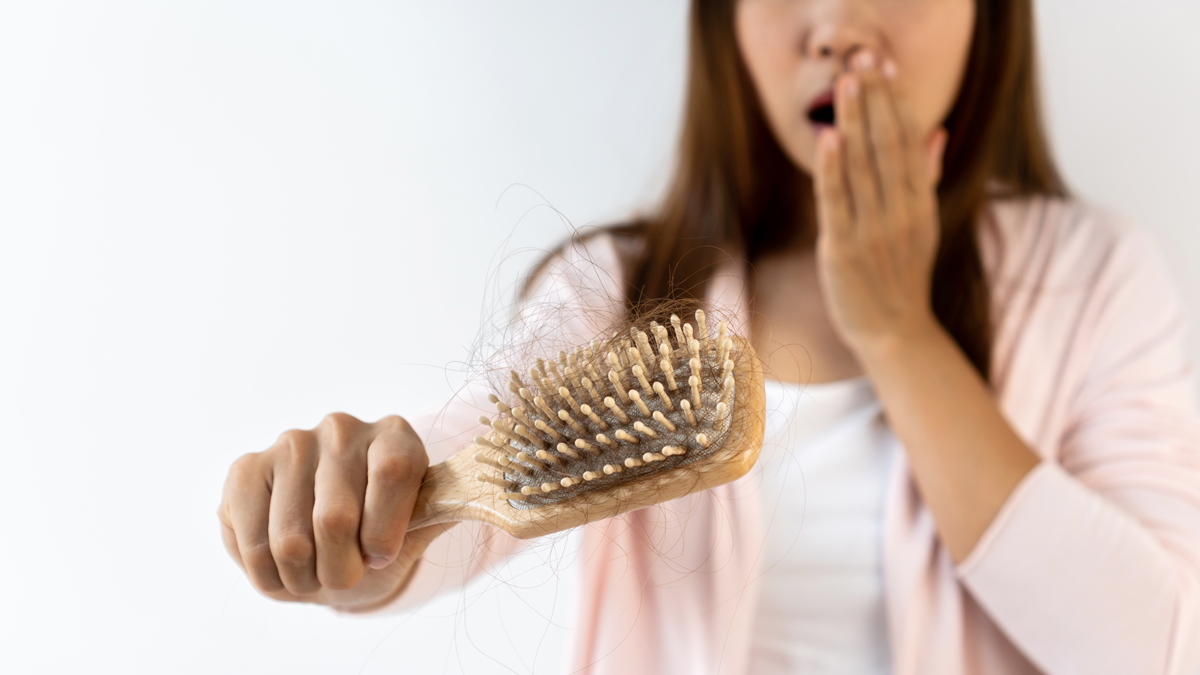
Whilst we can lose anything between 50 to 100 strands of hair on a daily basis, it becomes more noticeable if we lose considerably more or when new hair doesn’t replace what we lose. Hair loss can happen over a period of time or rather more abruptly to any part of our body where hair grows. It can also be either temporary or permanent. There are many reasons for hair loss to occur.
This article discusses some of the most common causes of hair loss you should be aware of.
Heredity
More formerly known as androgenetic alopecia, pattern hair loss can affect any gender and usually gradually occurs, often alongside the aging process. Research has discovered it is hereditary, particularly on the male paternal side. This is because dihydrotestosterone (DHT), an androgen that specifically provides men with their male characteristics, can cause hair follicles to retract and become smaller. DHT can also decrease the growth stage of hair.
The specialists at groclinics.com.au/hair-transplant/clinic/brisbane/ comment that approximately 90% of both men and women can experience this type of hair loss. Approximately thirty million women in America are affected by hereditary hair loss. Furthermore, it can vary in a pattern according to whether you are male or female, even commencing as early as at the onset of puberty.
Hormonal Changes
There are many conditions that can cause hormonal changes that result in permanent or temporary hair loss, such as,
Pregnancy
During the first trimester of pregnancy hair thinning could occur because of the hormonal surge in a woman’s body that is used to support their baby’s development.
Childbirth
In respect of childbirth, hair loss usually occurs around four months thereafter and is actually the shedding of excess hair as opposed to hair loss as typically described in this article. This is caused by the decreasing levels of estrogen.
Menopause
Usually, estrogen and progesterone levels decrease, causing hair to grow slower and thinner. In conjunction with this, it increases the production of androgens which shrinks hair follicles. This also causes hair loss.
However, it is not only women that experience hair loss because of hormonal changes. Male hormonal imbalance is the main cause of men experiencing hair loss. The main hormone in this regard is testosterone. Testosterone converts into DHT, with help from 5 alpha-reductase, which is an enzyme.
Medical Conditions and Medication
Just as hormonal changes can cause hair loss, so can some medical conditions such as,
Thyroid problems
Both underactive, hypothyroidism, and overactive thyroids, hyperthyroidism, can cause hair loss. This type of hair loss is usually uniform across the scalp. It is typically temporary and will cease upon successful treatment of your thyroid condition.
Alopecia Areata
This is an autoimmune disease that causes your immune system to attack parts of your body where there is hair growth. It can cause hair to fall out in patches or in its entirety. However, when this happens, it does not necessarily mean your hair will not grow back.
Anemia
There are contrasting opinions about whether low iron levels can contribute to hair loss. Some iron is stored in ferritin, which is a type of protein in your blood, which can also be found in your hair. Low levels of ferritin mean low levels of iron which could result in hair loss.
Furthermore, diseases that cause scarring, such as lupus, can also cause hair loss on the scarred site.
Just as health conditions can cause hair loss, so can the side effects of certain types of medication, such as arthritis, high blood pressure, depression, and heart problems. Some treatments can also cause hair loss, such as radiation used to treat cancer, can cause hair loss.
Emotional or Physical Shock
These are often sudden instances of shock, such as grief, caused by a specific event. People who experience this kind of hair loss tend to only do so on a temporary basis. Rather than balding, it tends to be a thinning of hair several months after the event. Very often this type of hair loss does not require any intervention aside from just time for the human body to adjust to the shock experienced.
Although it’s impossible to count the daily amount of hair you lose, if you notice more hair than usual in your brush after combing your hair or in your drain after washing it, arranging an appointment to see your doctor may rule out any underlying issues. Your doctor may also suggest an effective treatment plan to stop this from continuing. Treatments can include medication, surgical and nonsurgical procedures as well as things you can do yourself, such as changing to a Mediterranean diet, not smoking, and avoiding harsh chemicals on your hair.




